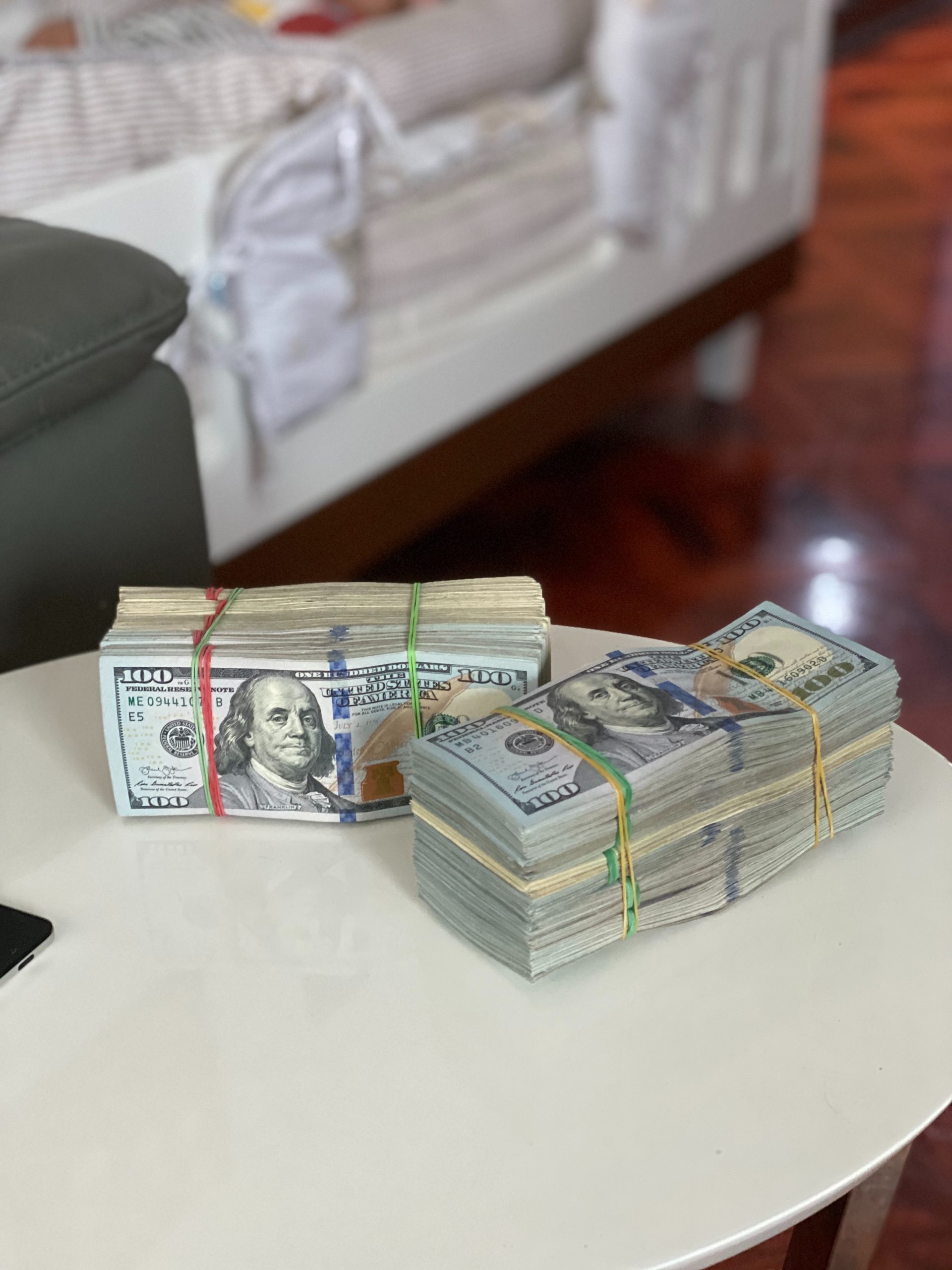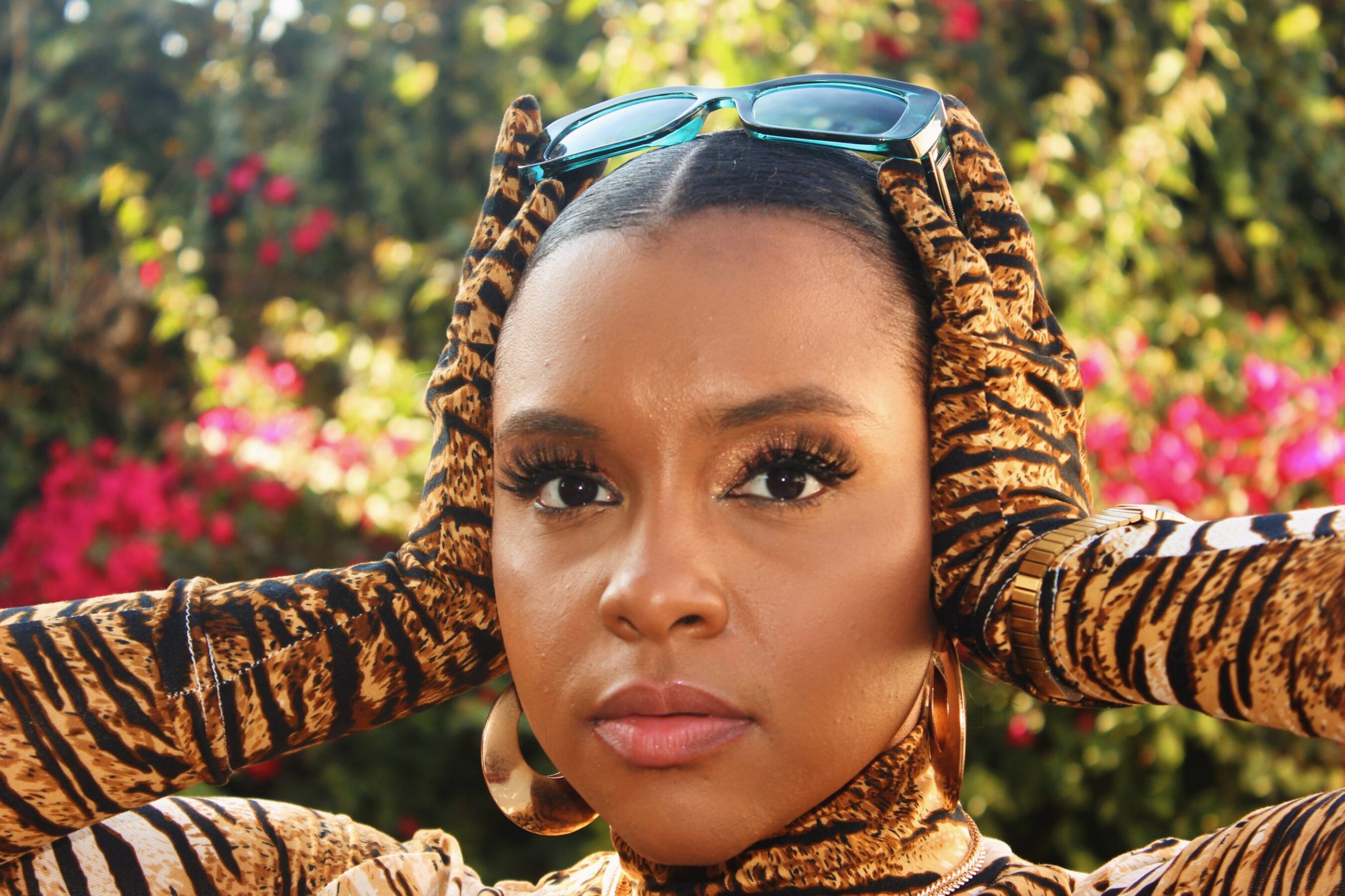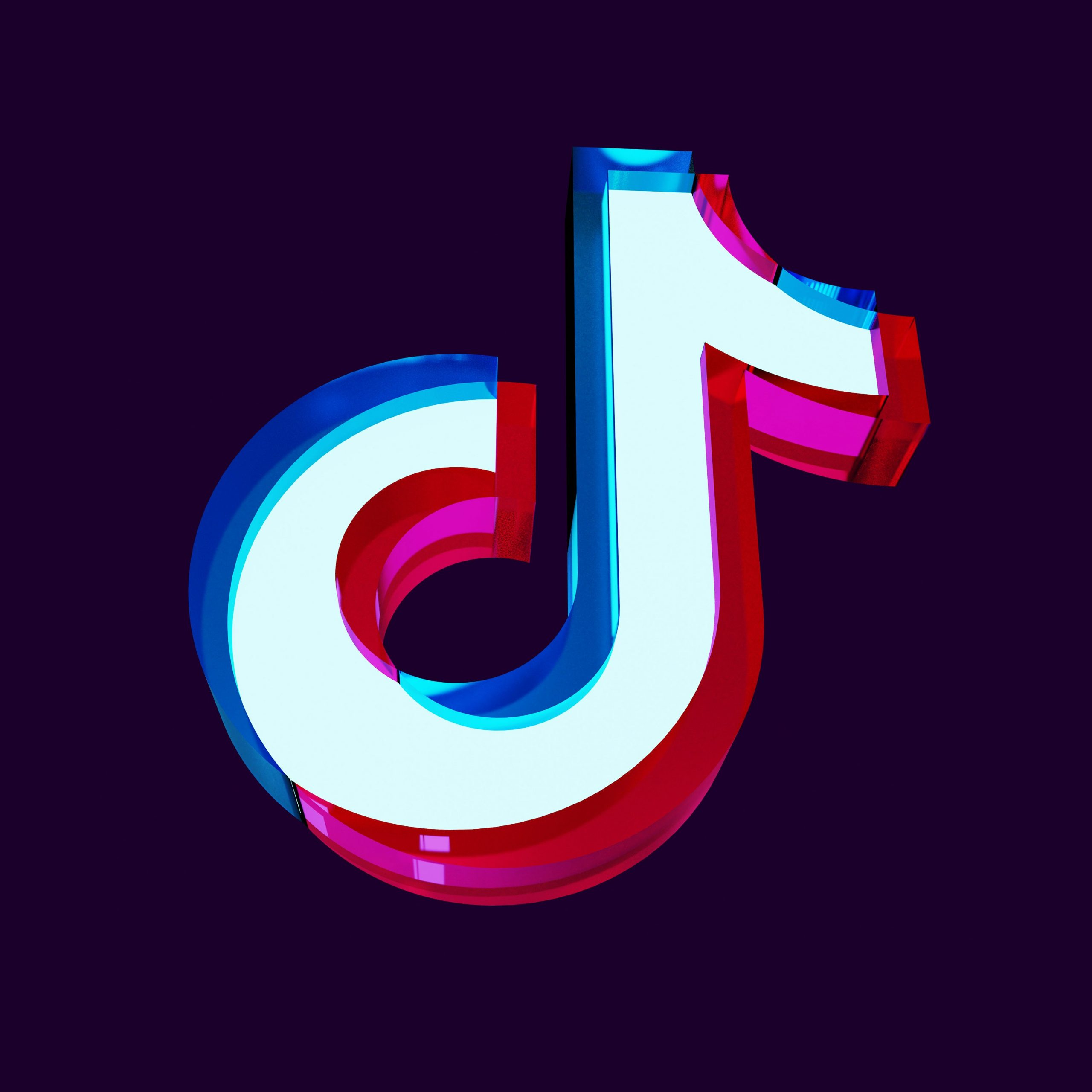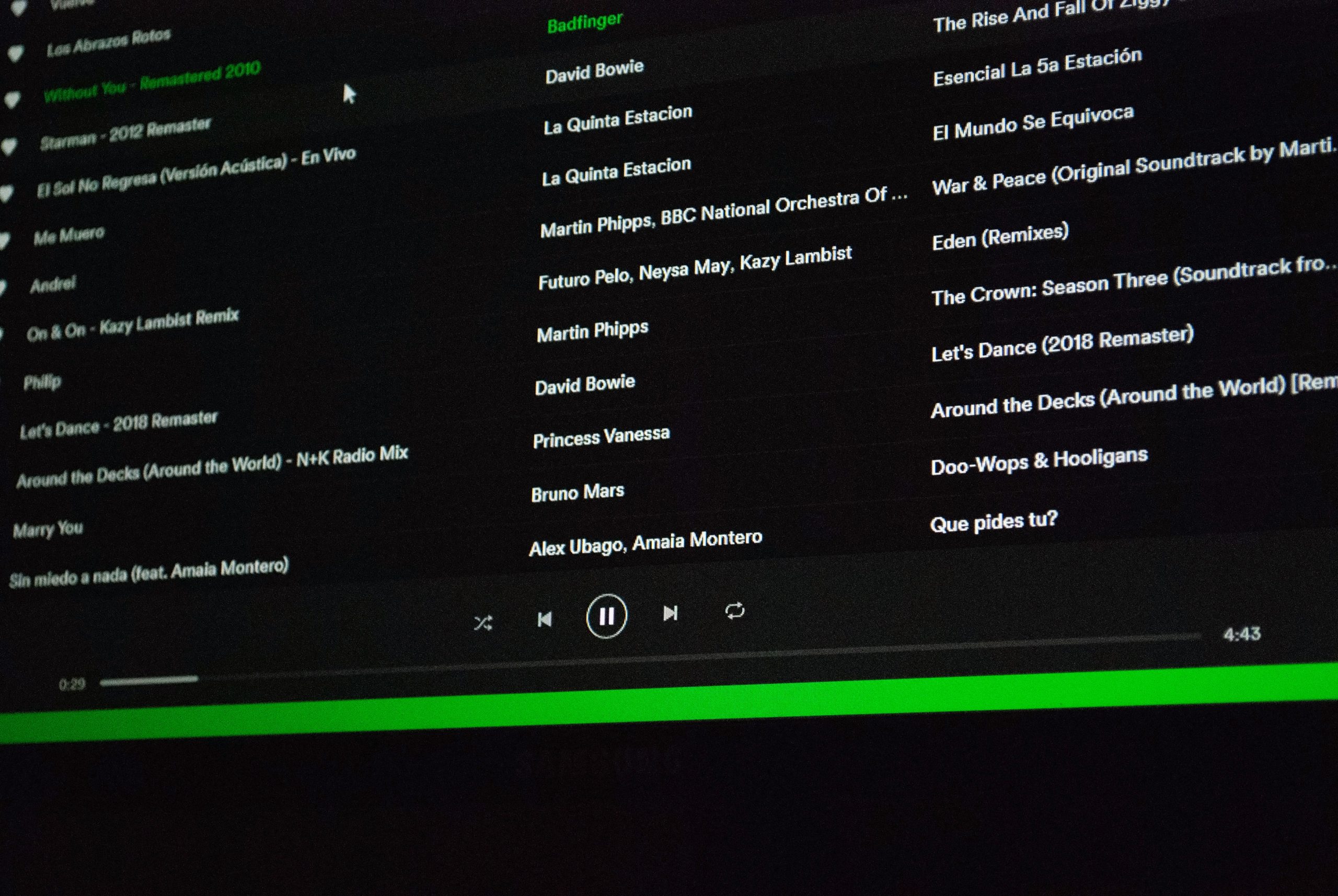10 Ways to Make Money from Music in 2024
Last updated: 29 July 2024
It’s safe to say that the past few years forced many musicians and creators to look inward and find alternative ways to make money from music. Forward-looking musicians and creators have managed to find passive income streams that don’t require them to go on tour 360 out of 365 days a year.
There are various ways to make money from music in 2024 without necessarily playing live shows. In this guide, we’ll be giving you a rundown of various revenue streams that you can explore. It’s particularly useful if you want to ditch your side hustle or day job, and become a full-time musician or music content creator.

How to make money from music
Royalties
If you’re not familiar with the different types of royalties that exist, we invite you to read our jargon-busting guide, which breaks down all things royalties-related. Basically, songwriters and publishers make money off the composition, while labels, distributors and artists earn royalties from the recording itself. If you’re a songwriter and want to make money off the underlying composition (publishing royalties), you need to register with a performing rights organisation (PRO) or get a publishing deal. In this way, you earn money for songs you’ve already released every time they’re broadcast on the radio and played live.
Mechanical royalties are associated with the recording of the song itself. This includes physical reproductions, such as CDs and vinyl, as well as digital downloads.
The amount of money you get as a songwriter depends on the publishing deal. Some deals give songwriters up to 90% of the profits, while others give them 50%. If the writer is self-published, they can receive up to 100% of the profits. This does not mean, however, that having a publisher is a disadvantage (more on this later).
Whenever you or someone else performs a song you’ve written, you’re supposed to get public performance royalties. To get these royalties, make sure that you and all your songs are registered with a PRO.
Print music royalties are less common than in the past. However, it still applies to sheet music and is based on the number of copies of that sheet music sold. If your music is played by an orchestra or quartet, you should receive royalties every time your sheet music is distributed.
Syncs
Syncs are a lucrative way to make money from music. When you give a third party the permission to use your music, you typically get sync royalties whenever that song is used.
For example, if your song is used in a Netflix episode, Netflix will pay you an upfront licencing fee. You’ll also get sync royalties when that song is actually used. As a songwriter and performer, you’ll receive both the master use and sync licencing fees.
A publisher is usually beneficial, as they’re responsible for finding sync opportunities. They usually work with music supervisors who curate music for commercials, shows, films, and so on. Therefore, a publisher is crucial to generate passive income through such opportunities.

Performances – Live and Streaming
Playing a live show is what most artists live for. However, it’s essential to ensure that you’re paid for your efforts. Unless you’re playing a really good show, don’t accept exposure-only or pay-to-play gigs. A reputable booking agent usually helps you get high-quality paid gigs that not only boost your reputation, but also have good, non-exploitative conditions.
Live streaming can also be a good way to make money from music without leaving the studio. Using platforms like Twitch and Bandcamp Live to perform in front of your current audience and reach potential audiences allows you to earn money for songs you’ve already released without having to set foot outside your door.
Crowdfunding and subscriptions
Having a community of people that really support what you’re doing is crucial. Remember – followers don’t always equal fans. Platforms such as Patreon, Only Fans and Buy Me A Coffee enable you to make money from music via fan support.
Using a subscription service has an evergreen and cyclical aspect. This is because fans pay a monthly fee in exchange for exclusive content. This way, you can rest assured that you’ll have X amount of dollars coming in every month.
Streaming and digital downloads
Spotify, Apple Music, YouTube and all the other streaming platforms do get a lot of flak. However, streaming platforms are unquestionably a great music discovery tool. These platforms don’t have a fixed pay-per-play stream. Rather, the fee per stream depends on several factors.
It’s important to note that if we compare earnings to the pre-DSP era, 1,250 premium audio streams, 3,750 ad-supported streams, or 3,750 video streams equals one album sale. As a result, 1 million premium audio streams correspond to roughly 800 physical sales. This wouldn’t make an artist a star in the pre-DSP era. Conversely, reaching 1 million streams enables you to tap into different territories, playlists, and so on. In addition, independent artists can make more money via digital releases, as they eliminate the costs associated with physical releases.

Merchandise
Merchandise is a great way to increase brand awareness, convert casual listeners into fans, and make money from music. In addition to selling music merch at shows, you can also sell merch online at minimal cost via platforms such as Bandcamp. Start with the basics – like T-shirts – and expand your merch line as you get more merch sales and fans.
Sponsorships
There are many sponsorship opportunities for artists at any level. You don’t need millions of followers to get sponsorships and partnerships. The key is to have an engaged audience and a good sense of what your brand is about.
According to Forbes, some brands prefer to partner with micro-influencers instead of macro-influencers. The reason for this is that micro-influencers tend to have a more genuine and personal connection with their followers, which allows for a stronger and more authentic relationship. For musicians and music creators who want to diversify their sources of income, this is an incredible opportunity to finance your music through the money generated by these partnerships.
Label advance
The music industry has changed in a way that signing with a music label is not the be-all and end-all of your career. One major advantage, however, is that artists signed to bigger labels get an advance. This is a chunk of money the label gives to the artist when signing a deal. The catch? The advance must be paid back before the artist sees any profits.
Grants
Music grants are a great way to get that much-needed cash injection to finance an album or a big project. Depending on where you live, both governmental and private institutions usually have an annual allocation of money to support local artists. Take a look at the website of your country’s Ministry of Culture or NGOs that support artists to find out more about the grants you may be eligible for.

Web3
Web3 offers a wide range of ways to make money from music without having to spend a day on tour. Artists like LATASHÁ and Iman Europe have made their name, and their money, through music non-fungible tokens (NFTs). By offering limited edition assets such as demos, vault tracks, merchandise and custom arts, business-savvy artists can activate their superfans to buy this exclusive content and make more money than if they were to make this material available to all fans.
Another way to directly make money for songs you’ve already written and released is to upload your tracks to Web3 streaming services. What sets these services apart from mainstream streaming platforms is their decentralised nature, which ultimately empowers both artists and their fans to take control of their own content and distribution. They offer a significantly better rate per stream (some even allow the artist to set the rate per stream) and are more community – rather than algorithm – focused.
Final notes
It’s important to acknowledge that the “best” way to make money from music is different for everyone. While it may seem tempting to rely on just one income stream, it’s ultimately more beneficial to opt for multiple streams of revenue to ensure that you have the financial stability to support yourself and your music career.






